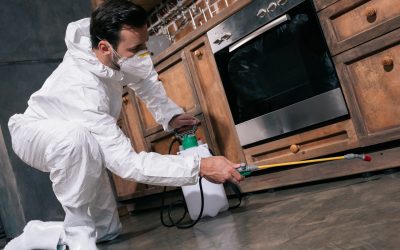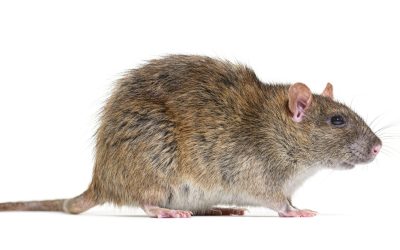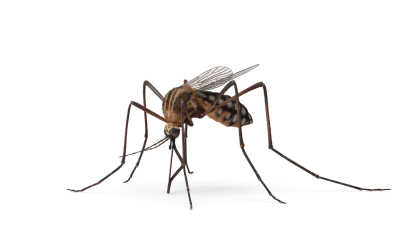Pest control can be a challenging task, but it’s crucial that you use strategies that are most likely to work. However, DIY pest control strategies sometimes backfire and cause more damage than good. This post will discuss five DIY pest control strategies most likely to backfire and why. By reading this article, you can avoid making common pest control mistakes that could do more harm than good.
Trying to use pesticides that are not safe for your home
One of the most common DIY pest control mistakes is trying to use pesticides that are not safe for your home. Pesticides can be dangerous if they’re misused and can cause damage to your home or pets. If you’re not sure whether a pesticide is safe for your home, consult with a professional before using it.
Many DIYers turn to dangerous pesticides and raticide when it comes to pest control. These substances may not be registered with the EPA, so they’re illegal to use in many states. Not only are they dangerous when misused, but they can also lead to exposure to hazardous materials.
If you want to take on pest control on your own, research different strategies and use the safest and most effective methods possible. Be sure to test any DIY pest control strategies before actually implementing them in your home.
Before using pesticides, read the instructions carefully to ensure they are specifically designed for your home and pest species.
The way you apply the pesticide can also cause concerns in the long run. For example, using too much pressure can cause the pesticide to be released in a harmful way, and it also increases the chances of damage to your home. Instead of using brute force when spraying pesticides, try using a low-pressure sprayer. This will help prevent damage to your property and save you time and money in the long run.
Finally, be sure to store pesticides safely and away from children and pets – even just a little bit can be enough to poison them.
Repeating the same pest control measures over and over again
Another common DIY pest control mistake is repeating the same pest control measures over and over again. This can be a waste of time and money, as pests are often resistant to repeated treatments.
If you’ve tried using different pesticides or methods but still have problems with pests, it may be helpful to consult with a professional. They can help you identify the underlying issues and come up with more effective strategies for controlling them.
Rotate your pest control measures to avoid becoming complacent about the problem. You can try different tactics like baiting traps or using natural pesticides. Repeating the same pest control measures over and over again risks leaving areas vulnerable to pests and diseases, which can lead to disastrous consequences.
Overloading traps with bait
Overloading traps with baits can be a waste of time and money, as pests are often more attracted to food than to baits. Limiting the number set per area is key when it comes to traps. This way, you reduce the risk of them becoming overloaded and breaking.
Additionally, ensure the bait is of the right quality and proportions- too much bait will only attract pests, not control them. When it comes to pest control in general, it’s essential to be smart about how you go about it.
Overloading traps with bait is a surefire way to end up with an infestation on your hands rather than reduced populations. And lastly, be sure to check in on traps regularly to make sure they’re still operational and releasing their payloads effectively.
Setting off bug bombs
Bug bombs are a popular way to take on pests but are also dangerous, and these devices release poisonous gas or sprays that can cause serious health effects if breathed in.
Furthermore, bug bombs can be set off by any noise or movement- not just those of bugs, and this makes them difficult to use without causing collateral damage.
Bug bombs are an excellent option for small infestations, but they should only be used as a last resort. And finally, always wear protective gear when handling these devices and ensure there is no possibility of explosion.
Waiting for the problem to resolve itself
One of the most common mistakes people make when trying to solve a pest problem is waiting for it to go away on its own. In many cases, pests are drawn to homes or businesses because they find sustenance there- food, water, or shelter. Once pest gets into your house and builds a colony, they are not likely to leave.
if you’ve tried all safe and other DIY pest control strategies and the problem persists, it may be time to call a professional.
Professionals have years of experience dealing with pests and can recommend effective treatments that won’t damage your home or your health.
Pest control is integral to any homeowner’s arsenal, but it’s also important to be mindful of the risks involved. While the DIY pest control methods can effectively reduce pests in your home, using safe and effective pest control products is vital. Repeating the same pest control measures repeatedly is likely to backfire. If you lack the technical know-how or expertise, or if nothing seems to be working, the wise thing to do is to contact a reputed pest control specialist.





0 Comments